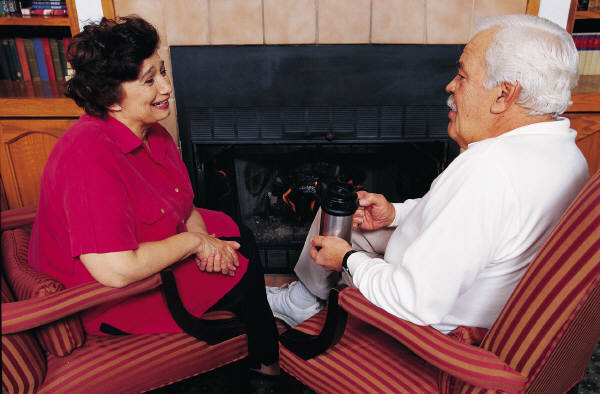
If the topic of medical directives has not come up within the family and there has been no discussion, then do it now.
Medical directives and other estate planning documents need to be kept up to date as the years pass by, according to the Watertown Public Opinion in “Keep medical directives up to date“. If you do have a health care proxy and haven’t looked at it in years, it’s time for a review to make sure it still reflects your wishes and that you communicate those wishes to your health care agents.
If you don’t have a medical directive and an emergency strikes, family members and medical providers have to make the decisions without any input.
Medical directives that are out-of-date often become useless. If a family member who was designated to make end-of-life decisions for a spouse is suffering from dementia, they are no longer legally competent to make any decisions.
One way to avoid this is to have an alternate person designated. Your spouse may be aging along with you, and one of you may not necessarily be able to make decisions when they are needed. Be sure that the alternate has the strength of character to make a decision that follows your wishes, even if it’s not what your family wants to be done. They have to be able to follow your instructions, which is not always easy.
Just as important as having the documents created, is having the conversation among family members about what you want or don’t want. Having that conversation and clarifying wishes will make it far easier for the family member or designated representative, because they will know they are doing what you want. This conversation may give the individual empowered to make the critical decision greater confidence and strength.
While it is (relatively) easier to have these conversations when everyone is in good health, a family member who is scared, grieving and emotionally overwhelmed may find themselves confronted with one of the hardest decisions of their lives.
That’s why it’s so important for people to give their family members the clarity and direction they will need, when it comes to end-of-life care decisions. You’ll need to select a person with a strong backbone, who is not easily frazzled and check in with them on a regular basis to make sure they can still perform the duties of their role.
An estate planning attorney can advise you on creating an estate plan or updating an estate plan that fits your unique circumstances.
Reference: Watertown Public Opinion (Nov. 20, 2018) “Keep medical directives up to date”











